15 Early-2000s Teen Movies That Got Better with Age
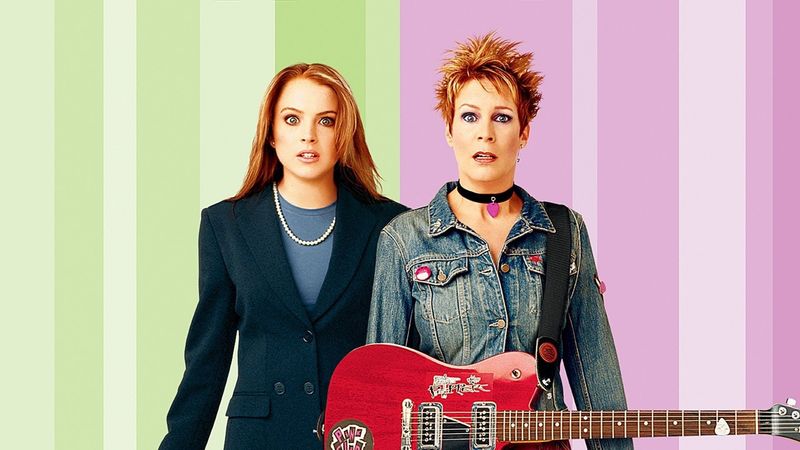
Some movies feel like old friends—the kind you didn’t fully appreciate when you first met them. Teen films from the late ’90s and early 2000s have transformed from guilty pleasures into cultural touchstones, revealing layers of wit, heart, and social commentary we might have missed the first time around. Whether it’s sharper dialogue, feminist themes, or nostalgia-fueled rewatches, these films have earned their place in the hall of fame.
Mean Girls (2004)
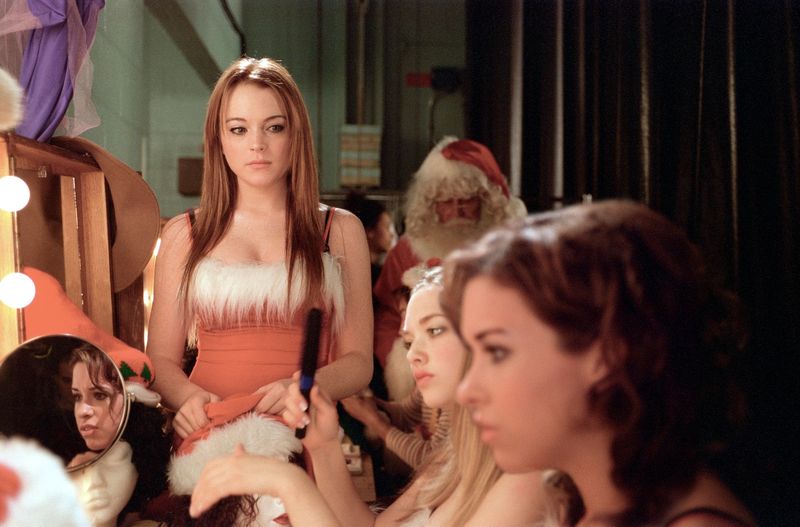
Few movies capture high school politics quite like this one. Written by Tina Fey and inspired by a self-help book about cliques, it turned everyday teenage drama into a razor-sharp comedy that still resonates today.
What makes it age so well? The jokes land harder as adults because we recognize the social dynamics at play. Lines like “On Wednesdays we wear pink” have become part of our everyday language.
Beyond the laughs, it cleverly dissects how gossip, insecurity, and power struggles shape friendships. Rewatching it now feels like reading a sociology textbook—but way more entertaining and infinitely quotable.
10 Things I Hate About You (1999)
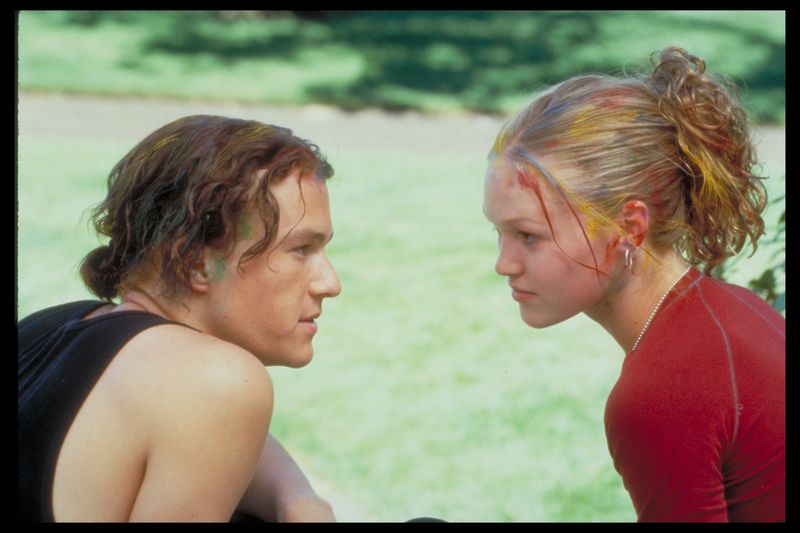
Shakespeare meets ’90s teen angst in this charming rom-com that redefined the genre. Heath Ledger singing on the bleachers became an instant classic moment, but the film offers so much more than swoon-worthy scenes.
Kat Stratford was a feminist icon before we had the vocabulary to describe her. She refused to conform, spoke her mind, and didn’t apologize for being herself—traits that feel even more powerful now.
The banter between characters crackles with intelligence and humor. Watching it today, you notice the clever wordplay and genuine chemistry that made it stand out from typical teen flicks of its era.
Bring It On (2000)
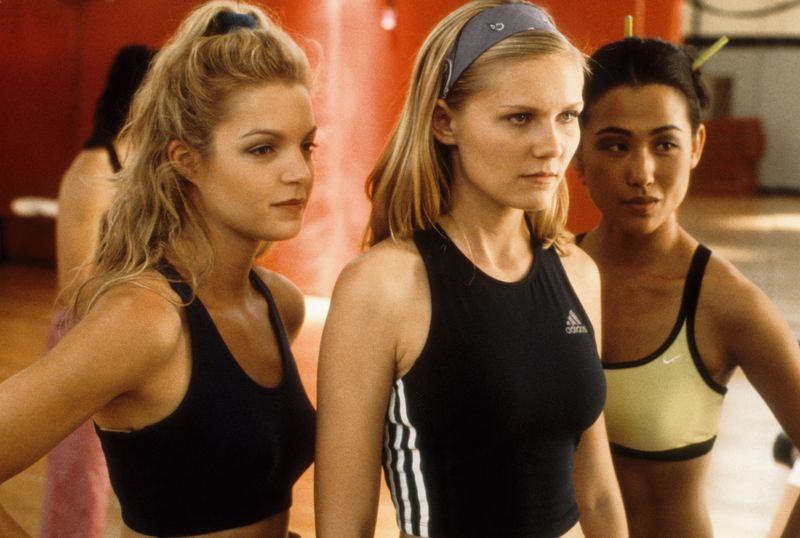
At first glance, this looks like a simple cheerleading movie. Look closer and you’ll find surprisingly thoughtful commentary about cultural appropriation, competition, and privilege wrapped in a fun, energetic package.
The Toros cheerleading squad learns their routines were stolen from an inner-city team. This plotline sparked conversations about credit, respect, and who gets recognized for their creativity—topics that remain incredibly relevant.
Kirsten Dunst and Gabrielle Union deliver performances that balance humor with genuine emotion. The choreography still impresses, but it’s the film’s willingness to tackle uncomfortable truths that gives it lasting power and makes rewatches worthwhile.
A Walk to Remember (2002)
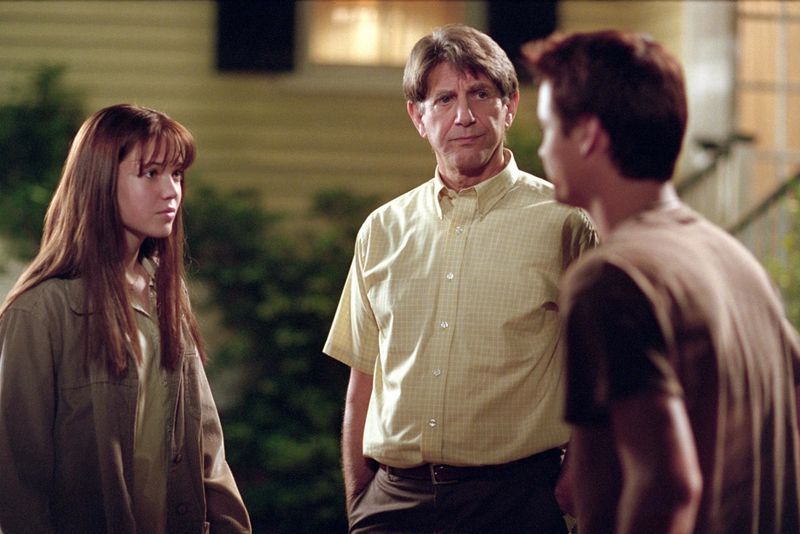
Grab your tissues because this one hits differently as you get older. Based on Nicholas Sparks’s novel, it tells the story of a popular guy who falls for a quiet, religious girl with a devastating secret.
Mandy Moore’s Jamie Sullivan radiates kindness and strength without being preachy. Shane West’s transformation from careless troublemaker to devoted partner feels earned, not rushed, making their connection genuinely moving.
Millennials have turned this into a comfort classic for good reason. Its sincerity stands out in a world of cynicism, reminding us that vulnerability and compassion never go out of style, no matter how much time passes.
Legally Blonde (2001)
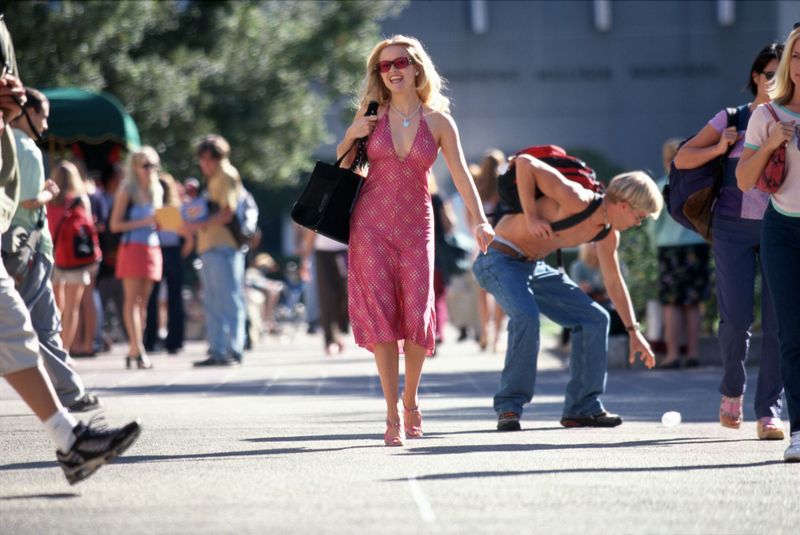
Elle Woods strutted into Harvard Law in pink and proved everyone wrong. What seemed like a fluffy comedy actually delivered a powerful feminist message about refusing to let others define your worth or potential.
Reese Witherspoon created an icon who was smart, determined, and unapologetically herself. Elle never had to choose between femininity and intelligence—she embraced both, showing young viewers they could too.
The movie’s themes have only grown stronger over time. It challenges stereotypes, celebrates female friendship over competition, and proves that kindness and confidence make the best combination. Elle’s journey inspires viewers to stay true to themselves while chasing their dreams.
The Princess Diaries (2001)
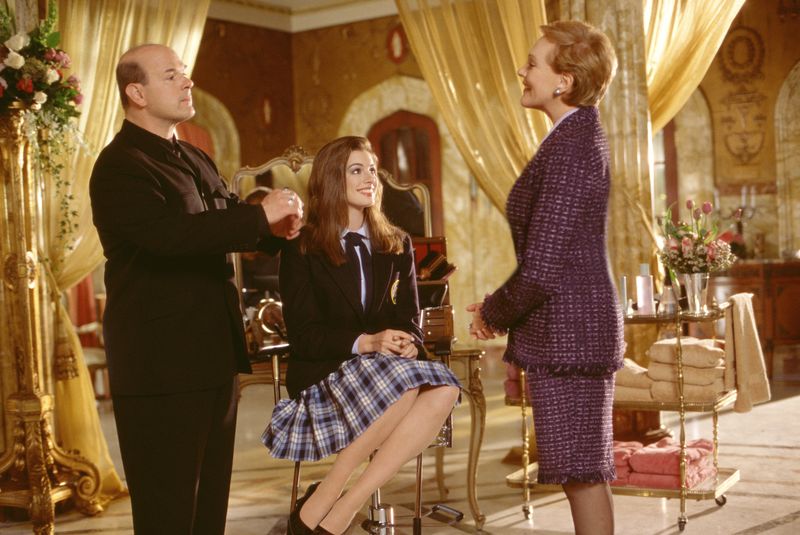
Mia Thermopolis discovers she’s royalty and must navigate an awkward transformation from invisible teen to future queen. This wholesome Cinderella story launched Anne Hathaway’s career and gave us Julie Andrews as the perfect grandmother-mentor.
Unlike many makeover movies, this one emphasizes inner growth alongside outer changes. Mia learns confidence, responsibility, and the importance of staying grounded—lessons that work whether you’re ruling a kingdom or just surviving middle school.
The film radiates warmth and humor without relying on mean-spirited jokes. Its timeless charm comes from celebrating ordinary people discovering their extraordinary potential, making it perfect for rewatching when you need a dose of pure joy.
Save the Last Dance (2001)
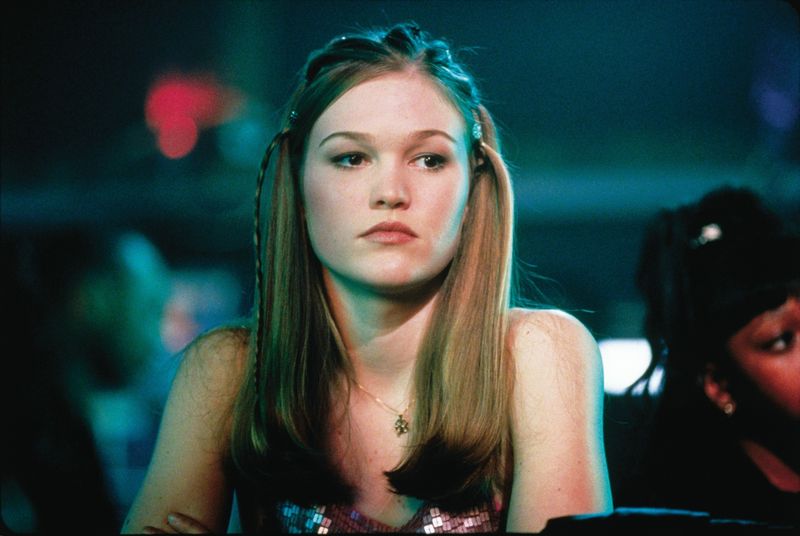
Sara moves to Chicago after a family tragedy and finds healing through hip-hop dance and an unexpected romance. This film tackled interracial relationships and cultural identity with surprising nuance for a teen movie.
Julia Stiles and Sean Patrick Thomas had electric chemistry that made their connection feel authentic. The dance sequences showcased real talent while the script addressed prejudice from multiple angles without preaching.
Looking back, it stands out for showing how art can bridge divides and help people process grief. The film respected both ballet and hip-hop traditions, treating cultural exchange with care rather than appropriation—a distinction that matters even more today.
She’s the Man (2006)
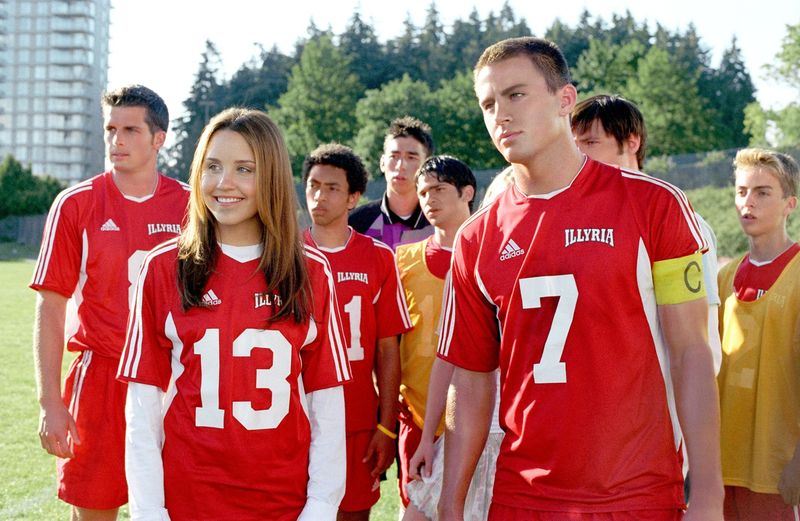
Amanda Bynes disguises herself as her twin brother to play soccer and proves she’s a comedic genius. Based on Shakespeare’s Twelfth Night, this gender-bending romp delivers laugh-out-loud moments while questioning outdated ideas about masculinity and femininity.
Bynes’s physical comedy and impeccable timing carry the film. From stuffing her pants with tampons to perfecting a “dude voice,” she commits fully to every ridiculous situation, making even the most absurd scenes believable.
The movie accidentally became progressive by showing how arbitrary gender expectations really are. Viola succeeds by being herself, not by actually becoming more masculine, teaching viewers that authenticity beats conformity every single time.
Freaky Friday (2003)
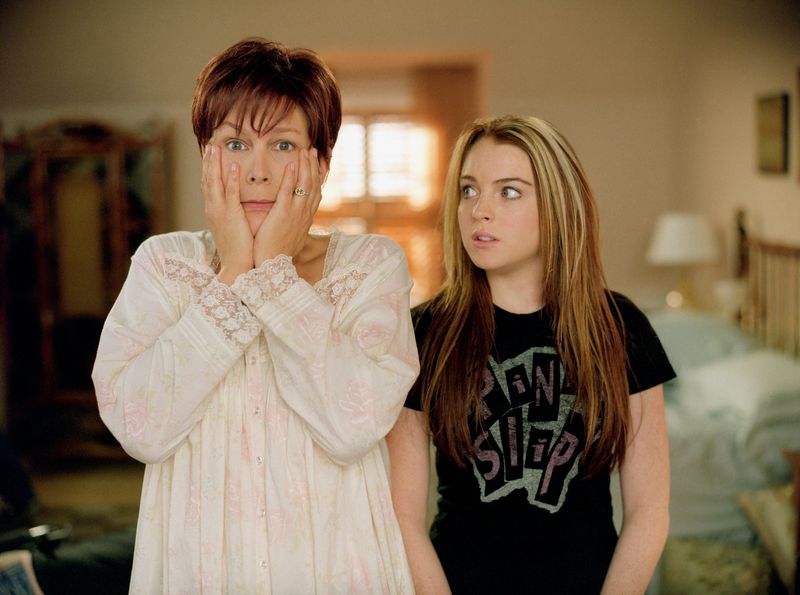
Body-swap comedies can feel gimmicky, but this one nails the emotional core. Lindsay Lohan and Jamie Lee Curtis switch bodies and discover understanding through literally walking in each other’s shoes—or high heels and combat boots.
Curtis rocks out as a teenager trapped in her mom’s body, while Lohan perfectly captures a mother’s exhausted professionalism. Their performances elevate what could have been silly into something genuinely heartfelt and hilarious.
The film has gained cult status for balancing humor with real family dynamics. It reminds us that communication and empathy solve problems better than lectures, making it resonate with both parents and teens even decades later.
The Sisterhood of the Traveling Pants (2005)
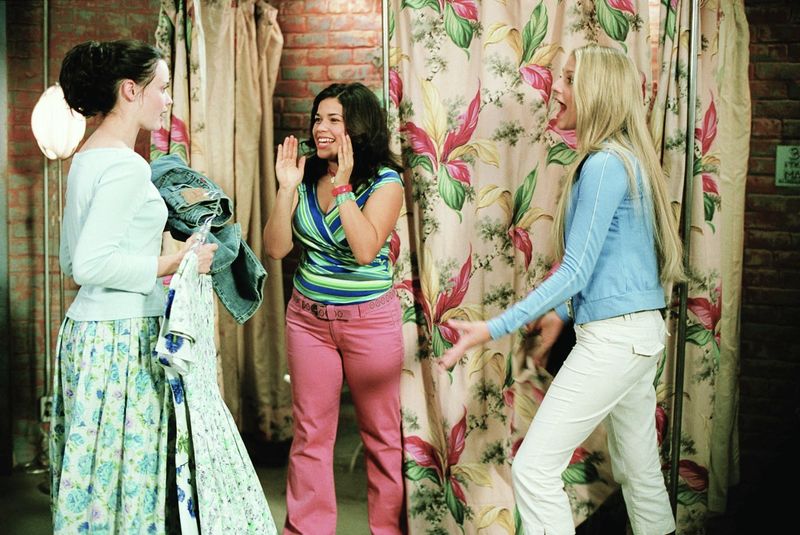
Four best friends share a magical pair of jeans that somehow fits them all perfectly during their first summer apart. This premise sounds cheesy until you realize it’s really about how friendship anchors us through life’s challenges.
Each girl faces different struggles—first love, family loss, self-discovery, and cultural identity. The film treats their stories with equal weight and genuine emotion, never dismissing teenage problems as trivial or overdramatic.
What makes it age beautifully is its authentic portrayal of female friendship. These girls support each other without competition or jealousy, modeling healthy relationships that feel refreshingly real and continue to inspire viewers seeking meaningful connections.
13 Going on 30 (2004)
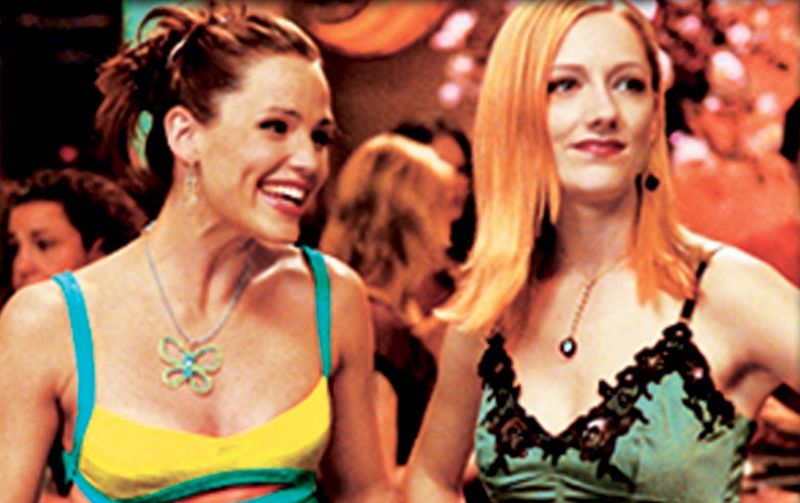
Jenna Rink wishes to be “thirty, flirty, and thriving” and wakes up as an adult with no memory of the years in between. Jennifer Garner’s childlike wonder as a 13-year-old in a grown-up body creates comedy gold and unexpected wisdom.
The film explores how childhood choices shape our future selves. Adult Jenna discovers she sacrificed kindness and authenticity to become popular, realizing too late that success means nothing without genuine connections and integrity.
It’s become a comfort-watch classic because it reminds us we can change direction at any age. The message about staying true to yourself and cherishing real friendships resonates more deeply as we navigate adulthood’s complexities ourselves.
A Cinderella Story (2004)
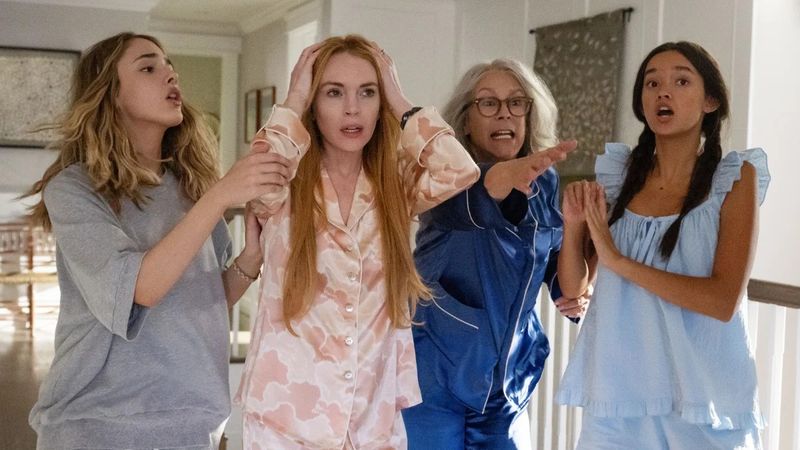
Hilary Duff brings charm to this modern fairy tale set in the age of flip phones and instant messaging. Sam works at her stepmother’s diner while dreaming of Princeton and chatting anonymously online with her perfect match.
Pure Y2K nostalgia drips from every scene—from the fashion to the technology to Chad Michael Murray’s frosted tips. These dated elements now add to its appeal, transporting viewers back to a simpler digital era.
Beyond the nostalgia, it’s a sweet story about finding your voice and standing up to bullies. Sam’s transformation comes from confidence, not a makeover, teaching viewers that self-respect matters more than fitting in or seeking approval from others.
John Tucker Must Die (2006)
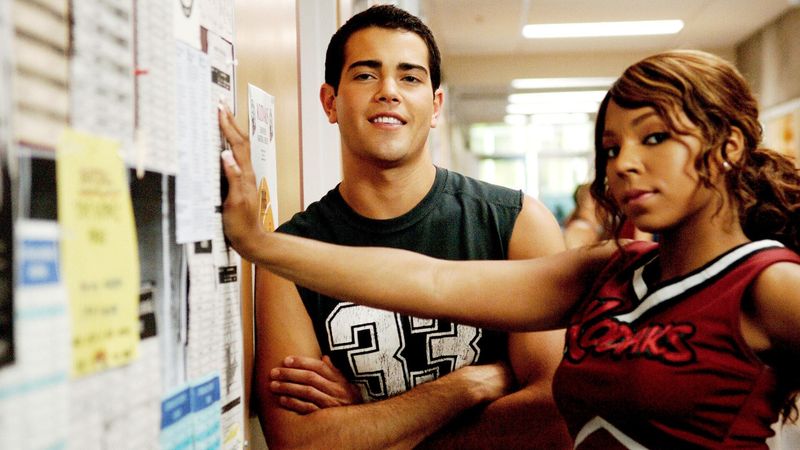
Three girls discover they’re all dating the same guy and team up for revenge. Critics initially dismissed it as forgettable fluff, but time has revealed a cleverly subversive comedy that celebrates female solidarity over male attention.
The film flips typical teen movie tropes by making the girls the masterminds instead of rivals. They bond over shared betrayal and realize their friendship matters more than any boy, even the school’s golden child.
Jesse Metcalfe plays the charming villain perfectly, while Brittany Snow brings unexpected depth to the new girl caught in their scheme. Its ahead-of-its-time message about sisterhood over competition makes it worth rediscovering and celebrating today.
The Lizzie McGuire Movie (2003)
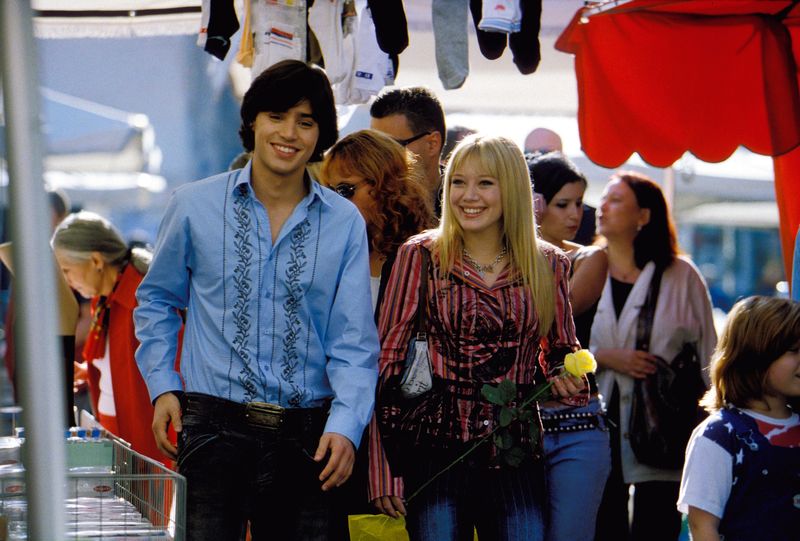
Lizzie travels to Rome for her class trip and gets mistaken for an Italian pop star. What could have been just a Disney Channel cash-grab became a beloved time capsule of early-2000s pop culture and teenage wish fulfillment.
Hilary Duff shines as both the awkward American teen and her glamorous doppelgänger. The Roman setting adds genuine charm, while the soundtrack captures a specific moment in music history that feels wonderfully nostalgic now.
Adults who grew up with the show treasure this movie for its innocence and optimism. It represents a pre-social media era when teen entertainment could be wholesome without being boring, making it a comforting escape from today’s cynical world.
Napoleon Dynamite (2004)
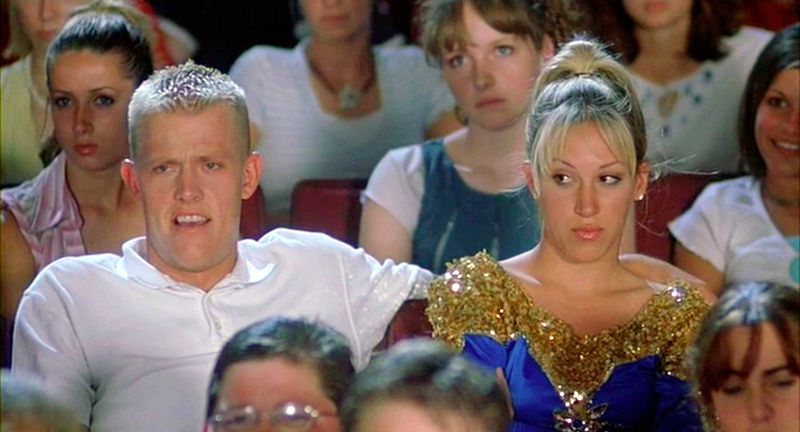
Nothing quite prepared audiences for this aggressively weird comedy about an awkward Idaho teenager with a flair for drawing fantasy creatures and terrible dance moves. Its offbeat humor divided viewers initially but has since achieved legendary cult status.
Jon Heder created an unforgettable character whose monotone delivery and bizarre behavior somehow became endearing. Lines like “Tina, you fat lard” and “Vote for Pedro” entered the cultural lexicon, quoted endlessly by fans.
The film’s strangeness is its strength. It celebrates misfits without trying to make them cool or normal, showing that being different isn’t something to fix. That message, delivered with deadpan brilliance, grows more powerful with each viewing.

Comments
Loading…